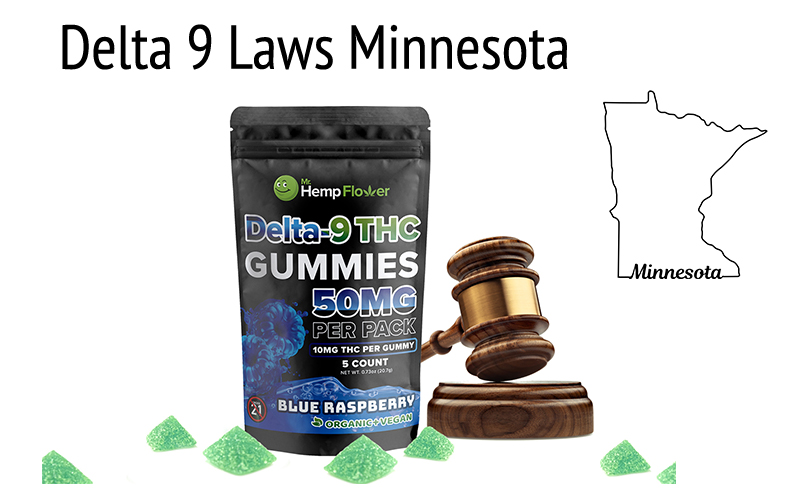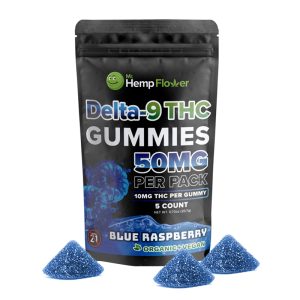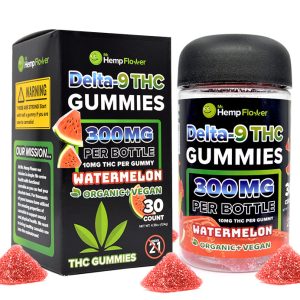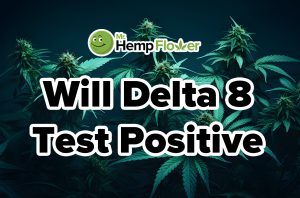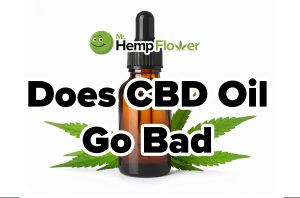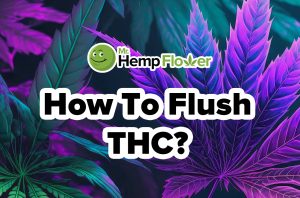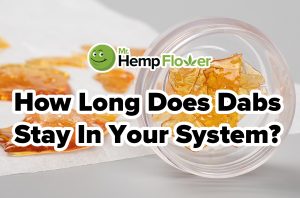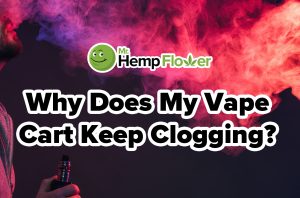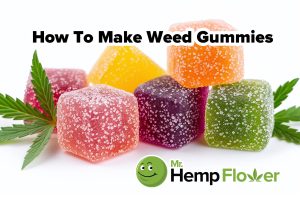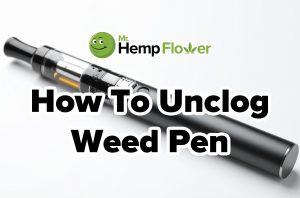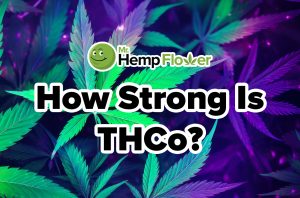Minnesota is not the most cannabis-friendly state, but it allows the sale of hemp-derived products, including delta 9 THC gummies.
Let’s look at the laws surrounding hemp-derived full spectrum gummies in Minnesota & where to order online.
Last Update: July 10, 2025
Article Summary
- Hemp-derived delta 9 gummies with less than 0.3% THC are legal in Minnesota.
- You can order delta 9 gummies online or buy in a local shop like you would any full spectrum hemp product in this state.
- Minnesota’s Statutes define “edible cannabinoid product” and allow it’s sale, use and possession.
- Cannabis is legal in Minnesota for medical and recreational use.
- Mr. Hemp Flower offers premium delta 9 gummies with less than 0.3% THC that you can buy in Minnesota.
Where to Buy Legal Delta 9 THC in Minnesota?
The best place to buy hemp-derived delta 9 gummies in Minnesota is online.
Packed with 10mg delta 9 THC and cannabidiol (CBD), our gummies offer the optimal dose for a full spectrum hemp experience.
Aside from main cannabinoids, our gummies contain low amounts of secondary cannabinoids, including CBG, CBN, and CBC. These compounds are part of the hemp extract that’s enriched in terpenes.
Our gummies are available in two flavors, Watermelon and Raspberry. But, aside from being deliciously chewy, they are a healthy, vegan-friendly treat that’s been rigorously tested by a certified lab and come with a Certificate of Analysis (CoA). Always make sure to buy products that come with a CoA because they are safe and free from toxins and pesticides.
Sure, we’re a bit biased, but you won’t better gummies than these, primarily because they offer the full spectrum hemp experience in a bite. Also, we derive our extracts from organically grown hemp on local farms in North Carolina, Washington, and Oregon.
Are Delta 9 Gummies Legal in Minnesota?
Yes, hemp-derived delta 9 gummies with less than 0.3% THC are legal in Minnesota.
Under Minnesota Statutes (revised in 2022), the manufacture, sale, use and possession of hemp-derived edible products is legal under certain requirements.
The Statutes define “edible cannabinoid product” as:
“Any product that is intended to be eaten or consumed as a beverage by humans, contains a cannabinoid in combination with food ingredients, and is not a drug.”
This means that delta 9 gummies with less than 0.3% THC derived from hemp are fully legal in Minnesota. They need to be properly labelled, must contain a serving size (per item and total packaging) and come in packaging that’s not appealing to children.
The 2018 Farm Bill legalized hemp and hemp-derived products so long as they contain less than 0.3% THC. In this state, the sale of cannabis products is regulated by the Minnesota Board of Pharmacy in compliance with federal laws.
In 2014, Minnesota legalized medical cannabis, allowing eligible, registered individuals to purchase and possess marijuana-derived CBD products at a physician’s recommendation.
What is Hemp-Derived Delta 9 THC?
Cannabis is a unique plant rich in cannabinoids, terpenes, and other phytonutrients that work together to create a healing effect. We’ve all heard about delta 9 THC (or THC) as the main psychotropic compound in marijuana.
THC is also present in hemp, the federally legal cannabis variety. Hemp is compliant with the law when it contains less than 0.3% delta 9 THC. So, if extracted from hemp flowers and buds, THC is legal to use in products in a concentration of no more than 0.3%.
Aside from being associated with the marijuana “high,” THC possesses an array of therapeutic benefits. It can help with pain and inflammation, nausea and vomiting, and sleep issues — especially in combination with CBD.
Legal Delta 9 THC and Federal Law
The new delta 9 THC gummies are mildly intoxicating. Are they legal on a federal level?
Under the 2018 Farm Bill, they are as legal as any hemp-derived full spectrum product — so long as they contain less than 0.3% delta 9 THC.
The 2018 Farm Bill re-classified hemp as an agricultural commodity and removed it from the list of controlled substances. Hemp’s cultivation is federally legal, and there’s a clear distinction between hemp and marijuana.
Federal law refers to hemp as cannabis with less than 0.3% delta 9, while marijuana is cannabis with over 0.3% delta 9 THC. It defines hemp as:
“The term ‘hemp’ means the plant Cannabis sativa L. and any part of that plant, including the seeds thereof and all derivatives, extracts, cannabinoids, isomers, acids, salts, and salts of isomers, whether growing or not, with a delta-9-tetrahydrocannabinol concentration of not more than 0.3 percent on a dry weight basis [1].”
The bill also legalized “THC in hemp,” which is the backbone behind the lawful sale of delta 8 products that contain less than 0.3% delta 9. The legality of hemp-derived THC products is confusing because hemp became a commodity crop due to its non-intoxicating nature.
The staple cannabinoid behind hemp is cannabidiol (CBD), which has yet to be approved by the Food and Drug Administration (FDA). Although the FDA doesn’t allow the use and sale of cannabidiol (CBD) in food, it tolerates it as long as the products are not marketed under medical claims or as dietary supplements.
Despite that, many states fully regulated the sale of hemp-derived cannabinoid products — including CBD in consumables.

Be Sure to Check Out:
Delta-9 THC FAQ
Is Delta 9 legal in all 50 states?
Yes, hemp-derived delta 9 is legal in all 50 states. It was legalized under the 2018 Farm Bill only if it comes from hemp that contains less than 0.3% THC.
What is stronger, Delta 9 or Delta 8?
Research shows that delta 8 is twice less potent than delta 9. Delta 8 is also less stimulative and causes a milder “high” without the typical THC anxiousness.
Will Delta 9 get you high?
It absolutely will. Delta 9 possesses psychotropic properties associated with the “high” feeling of marijuana. If used in low doses, it’s subtly stimulative.
Does hemp have Delta 9?
Hemp is the non-intoxicating cannabis variety that was legalized under the 2018 Farm Bill. The bill set a THC threshold for hemp plant material of no more than 0.3%.
Read our legal disclaimer HERE. While we try to stay as up to date as possible on all state laws, you should do your own due diligence and work with a legal professional to ensure you are operating legally in your state or territory at all times.

